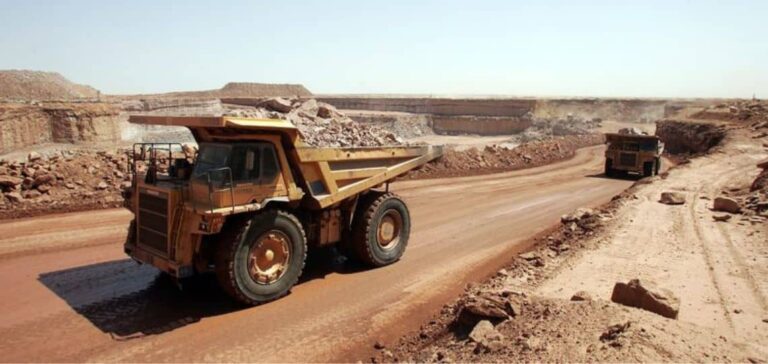Orano is relaunching the exploitation of the Imouraren deposit, located in northern Niger. The director of Imouraren SA, Matthieu Davrinche, announced that the final decision on the operation of the site will be made in 2028, after tests scheduled to begin in 2024.
The exploitation of the Imouraren deposit by a new extraction method
Initially planned as an open pit mine, Orano’s project to exploit the Imouraren deposit has been revised due to economic and environmental considerations. Indeed, since the price of uranium is uncertain for the coming years, Orano has decided to change its extraction method to an ISR (In situ recovery) method. This technique consists of injecting a solution directly into the mineralized part, allowing the uranium to be dissolved in the water and pumped out. This closed-loop method is particularly suitable for low-grade deposits such as Imouraren, and significantly reduces CO2 emissions.
Orano plans preliminary tests before exploiting the Imouraren deposit
To validate this extraction method and evaluate the behavior of the deposit, Orano plans to carry out two small-scale pilot tests starting in 2024. The results of these tests will make it possible to decide whether or not to launch industrial operations in 2028.
Niger, a long-term partner for Orano
Orano has been operating in Niger for more than 50 years and has a genuine long-term partnership with the country, and claims to have significant societal commitments. This exploitation project represents a significant financial commitment of 85 million euros for the pilot tests, which have as a priority the preservation of the Teloua drinking water table, which is important for the region.
Niger, despite competition from countries such as Kazakhstan, remains a priority for Orano. With this project, the group hopes to re-launch the exploitation of the Imouraren deposit, whose reserves have been estimated at around 200,000 tonnes of uranium. The final decision will be made in 2028, depending on the results of the tests planned from 2024.






















